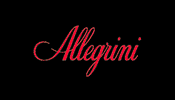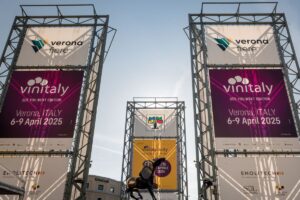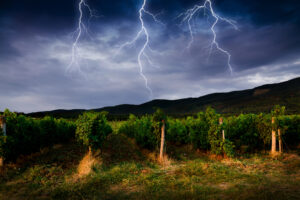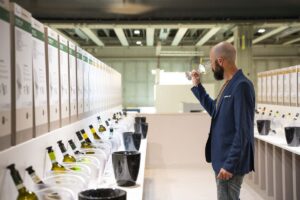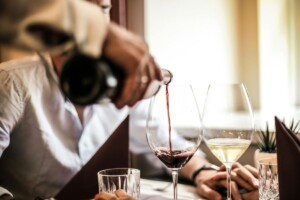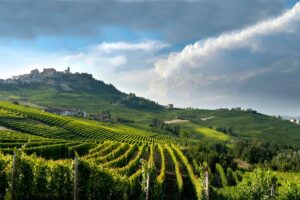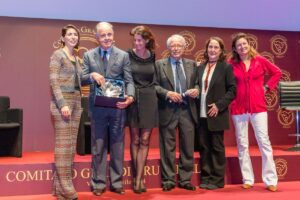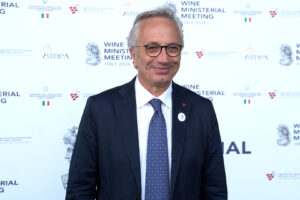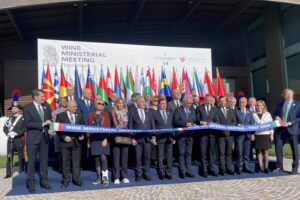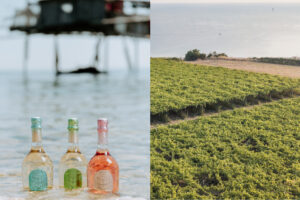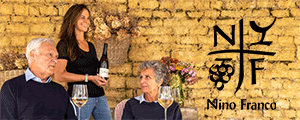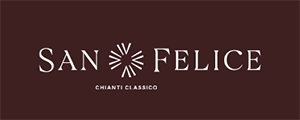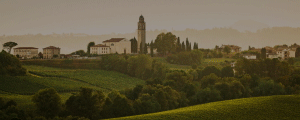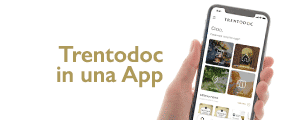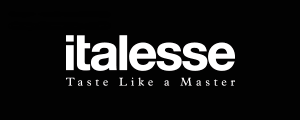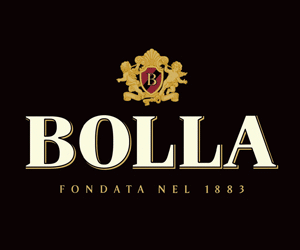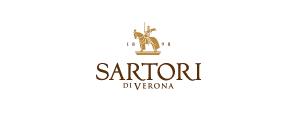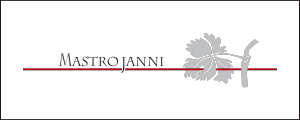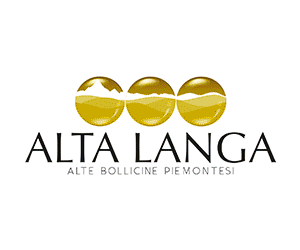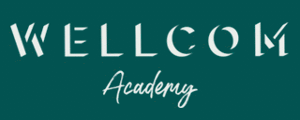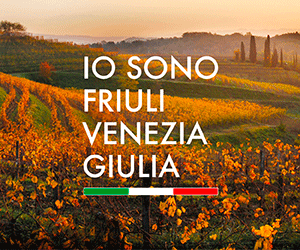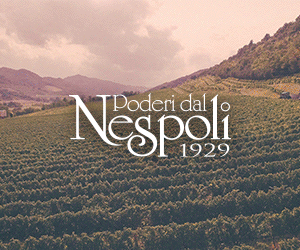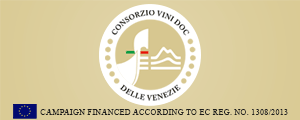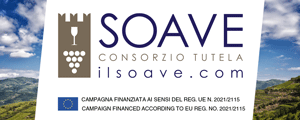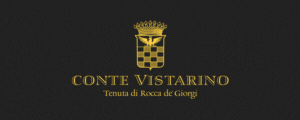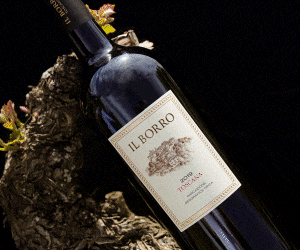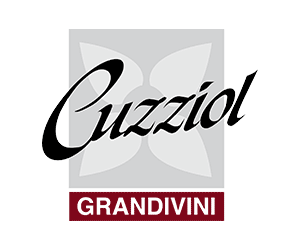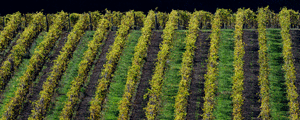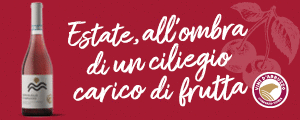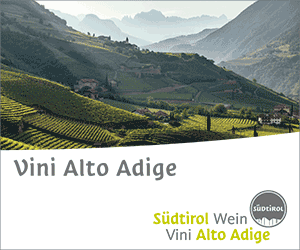“Chloramphenicol is an antibiotic that has been banned in Europe for a good thirty years because its danger to human health has been confirmed. Finding large residual traces, as was found in royal jelly imported from China, is a very serious matter. Because of this, I say that the use of Italian royal jelly is not only a question of quality, but also a means of avoiding the consumption of noxious products”. This declaration was made in Bologna recently by Anna Gloria Sabatini, President of the National Apiculture Institute, the public Italian entity responsible for honey and royal jelly analyses.
At a recent conference dedicated to royal jelly, organized by Alce Nero Mielizia Group and the Italian Organic Apicultural Farmers Association, Anna Gloria Sabatini reminded participants of the high levels of chloramphenicol in Chinese apicultural products, which was recently confirmed by analyses. She also noted that there are, unfortunately, there are no norms that define royal jelly in Italy, thus permitting this name to be used even for products that are not truly royal jelly.
Luisa Ronchi from the Consumer Rights organization of Milan also pointed to the lack of control mechanisms, and the need for coordination between the various entities that should be in charge of controls. “As a consumer right’s movement - affirmed Ronchi - we believe that labels are indispensable for helping consumers with their choices and for this reason we have decided to create a label observatory”.
During the conference, the very first Italian royal jelly guaranteed to contain no antibiotics was presented. The label includes the producer’s name, the region of origin, the months of harvest, and a production identification number. The members of the Conapi Group harvest and sell the royal jelly under the names Alce Nero (organic) and Mielizia (conventional).
”Royal jelly - declared Lucio Cavazzoni, president of Conapi and the Alce Nero Mielizia Group - requires a lot of work, controls, high specialization, and specific knowledge. This raises the price of production to 600 euros per kilogram, versus the 30 euros for Chinese imports, which at retail, however, the relation becomes two to one thanks to strong price limits as well as price hikes by importers from China”. Current Italian royal jelly production makes up only 3% of total Italian consumption.
Copyright © 2000/2024
Contatti: info@winenews.it
Seguici anche su Twitter: @WineNewsIt
Seguici anche su Facebook: @winenewsit
Questo articolo è tratto dall'archivio di WineNews - Tutti i diritti riservati - Copyright © 2000/2024



